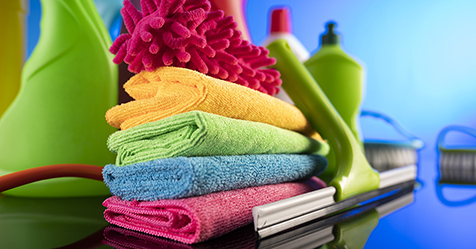National Custodian Day Honors Essential Profession
Today is the day to celebrate custodians who work hard to keep buildings clean and maintained
National Custodian Day, recognized every year on October 2, offers an opportunity to celebrate and appreciate the custodians who work hard to keep facilities clean, sanitary, and maintained.
National Today suggests the following activities to recognize custodians:
- Do something nice for a custodian.
- Commend your custodian to his/her supervisor.
- Organize an office potluck.
Rubbermaid Commercial Products (RCP) also is getting into the spirit by hosting the Behind the Scenes of Clean campaign for the third year in a row to show its continued appreciation for cleaning and maintenance professionals in honor of National Custodian Day and Environmental Services Week, which was celebrated in September.
RCP is hosting more than 200 events globally to celebrate, engage with, and personally thank more than 17,000 cleaning and maintenance professionals. These events are dedicated to recognizing and thanking those who keep the world working by going above and beyond keeping public spaces like offices, schools, hospitals, airports, and more, clean and safe. At the events, RCP will provide meals, giveaways, and customized experiences for the custodial staff.
“We are recognizing the hard work custodians do on a daily basis, and the opportunity to formally celebrate them is something we look forward to annually,” said Robert Posthauer, RCP senior vice president and general manager, commercial business.


